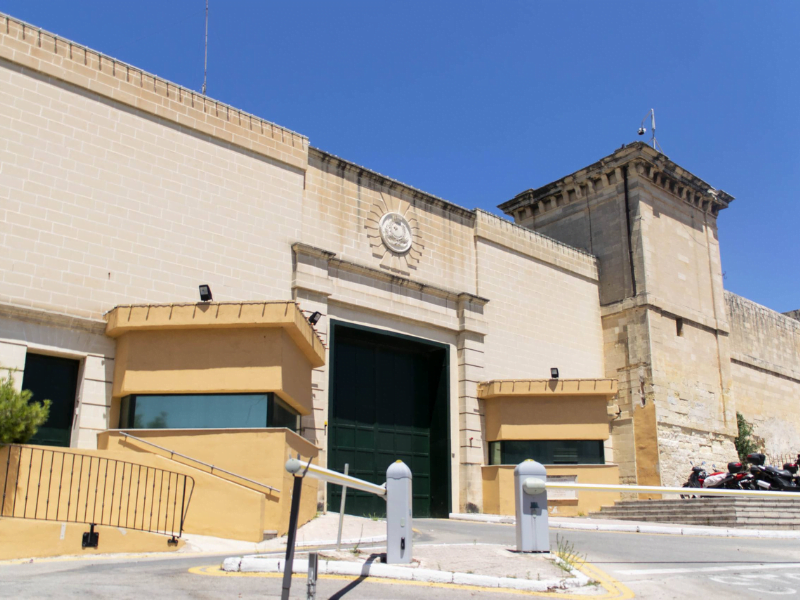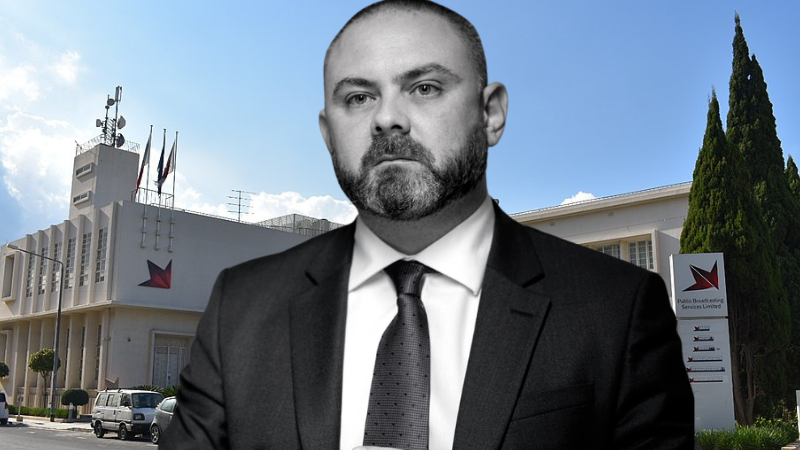The disciplinary measures implemented by Alex Dalli, CEO of the Corradino Correctional Facility, could be in breach of fundamental principles laid out by the United Nations, legal experts have told The Shift.
Dalli’s military approach to prison leadership has become a dark cloud hanging over the facility and raises questions on whether his “extreme” military approach is too harsh. An alarming number of deaths have occurred in prison during his tenure. Ten prisoners died while in his custody.
A lawyer who spoke with The Shift has pointed to the UN Standard Minimum Rules for Treatment of Prisoners, otherwise known as The Mandela Rules, which state that the prison administration should minimise the difference between life behind bars and life at liberty.
“The prison regime should seek to minimise any differences between prison life and life at liberty that tend to lessen the responsibility of the prisoners or the respect due to their dignity as human beings”, states Rule 5 of the UN document.
It also notes that prison administrations shall make all reasonable accommodations and adjustments to ensure that prisoners with physical, mental or other disabilities have full and effective access to prison life on an equitable basis.
An entire section of the Mandela Rules is dedicated to restrictions and discipline inside prisons. It states, for instance, that “discipline and order shall be maintained with no more restriction than is necessary to ensure safe custody, the secure operation of the prison and a well ordered community life”.
The rules also emphasise the need for prison administrations to ensure proportionality between a disciplinary sanction and the offence for which it is established, and shall maintain a proper record of all disciplinary sanctions imposed.
Dalli boasted, on a number of occasions, about the level of discipline he introduced inside the prison, even claiming that, under his administration, there are no drugs inside the prison walls.
As part of his clampdown on drugs flowing inside the prison, Dalli reduced visitation rights and halted conjugal rights. He has justified his position, arguing that drugs were being passed to prisoners during these visits.
“When I first came in, prison was violent. But today, because there are no drugs, there is no violence at all, not even verbal violence,” he said, during an interview with Lovin Malta.
While sources inside Corradino who spoke with The Shift say his initial intervention was needed to bring order, in what was described as a “chaotic” prison scenario, they also made reference to what they now describe as a “place of terror”.
“It is surreal to walk into a prison and you hear absolutely nothing. No chatting or shouting. He [Dalli] turned the prison into a convent,” one source said.
Meanwhile, university lecturer Andrew Azzopardi has lashed out at the controversial disciplinary methods instituted by Dalli.
“We cannot treat the prison as if it was the AFM’s third regiment, but it has to be both secure and provide a transitory process for people to meet with their own humanity, rather than make them come to face with the power of aggression,” Azzopardi wrote in a July post.
Azzopardi has also made reference to rumours about “dubious punitive treatment”, the transfer of people from one division to another as retribution, instead of part of an organised plan, and mysterious deaths, along with the frequency of them. He even mentioned cases in which prisoners allege they are being denied medical treatment and others being confined in overcrowded cells.
Professor Mark Anthony Falzon has also criticised disciplinary measures at Corradino in his column in The Sunday Times of Malta. “Military discipline has a dark underbelly: it produces fine and upright men and women, but it also produces casualties that have little to do with enemy fire”.
Contact with the media has been restricted and Dalli, a retired army colonel, has downplayed recent prisoner deaths by saying that an inquiry is looking into each case. Yet an inquiry can only look at how a prisoner died, but cannot provide an overview of the entire situation, shedding light into what might have caused these deaths.
Journalist Manuel Delia has filed a constitutional case against the Home Affairs Minister citing restrictions imposed during a visit he was granted to the facility.
Delia has complained that he submitted eight requests to enter the prison so he might report on the claims surrounding the facility, but was not given access to certain parts of the prison building.
Despite the lack of proper communication to the press from Dalli, or anyone from the prison, stories in the press regarding allegations of harsh discipline continue to surface.
The Opposition Spokesperson for Justice, Beppe Fenech Adami, has described the prison as a place where “fear reigns and lives are being lost”. He said that the recent suicide of a prisoner could have been avoided had there been effective systems and protocols protecting prisoners’ lives.
At the moment, there are five deaths at the facility that are still under magisterial inquiry. The outcome of such inquiries is necessarily communicated to the public.
Home Affairs Minister Byron Camilleri said he will be ‘studying’ the closed magisterial inquiries on prison deaths to see what can be done to prevent additional fatalities.













